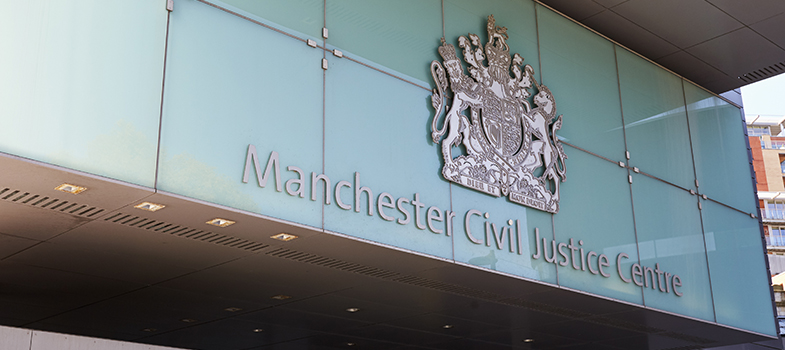6.5 Concluding session – return responsibility to the client
At the end of the session, it is important to put the emphasis back on the client to take their matter forward. Many clients who seek help from Support Through Court have been through difficult and traumatic experiences. Volunteers are encouraged to use a trauma informed approach, which empowers clients to make their own choices about what they want to do and to take responsibility for future actions.
Did you know?
You can find out more about a trauma informed approach in the Vulnerability [Tip: hold Ctrl and click a link to open it in a new tab. (Hide tip)] module.
A simple way of doing this is to ask the client at the end of the session what they intend to do now.
Activity 7
Sometimes clients are reluctant to end the session and will continue to talk about the issues you have been discussing. Thinking about your own volunteering and sessions with clients you have witnessed in the office, how would you end the session if the client is reluctant to leave?
Comment
Techniques for ending the session if the client is reluctant include:
- The broken record technique – carry on repeating that this is all we can do today
- Stop using open questions
- Stop asking questions at all
- Use the past tense e.g. we completed the form and you wrote your statement
- Return responsibility – what will you do now?
- Give hope – we can see you again tomorrow/next week
- Stand up and show client to the door.
Give your opinion
How would you rate your understanding of Cafcass after completing this module?
6.4 Active listening
